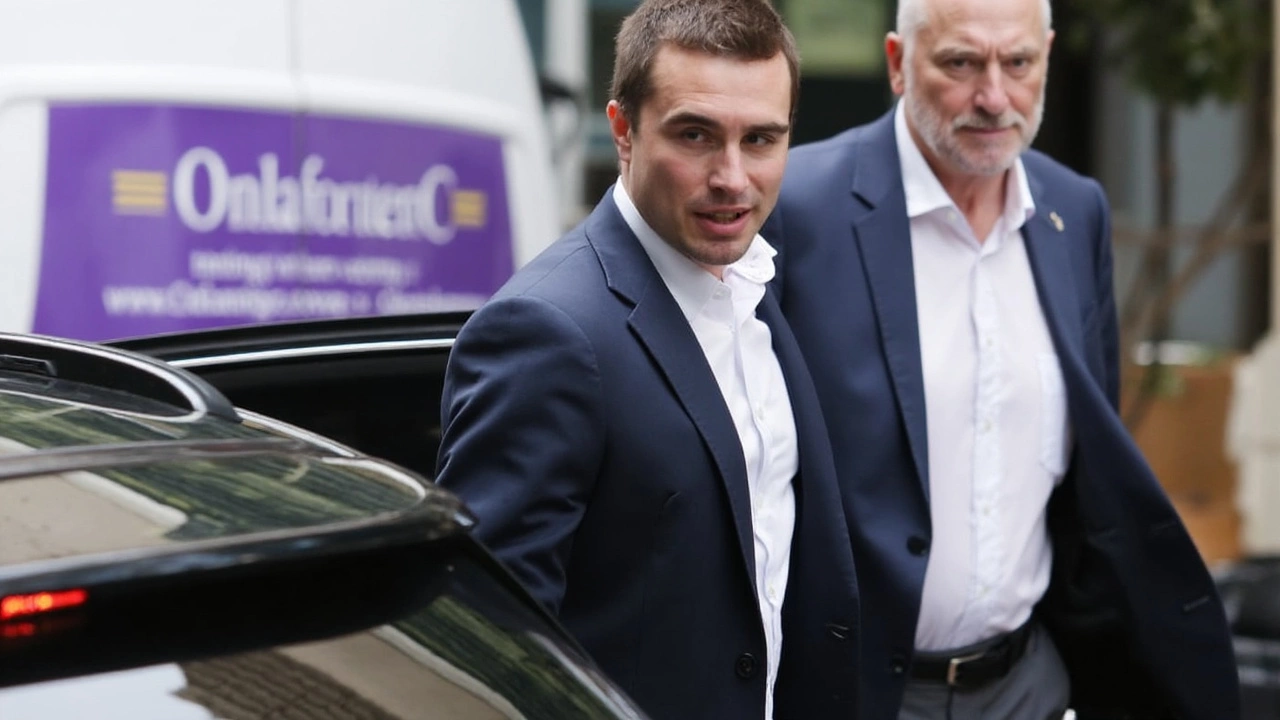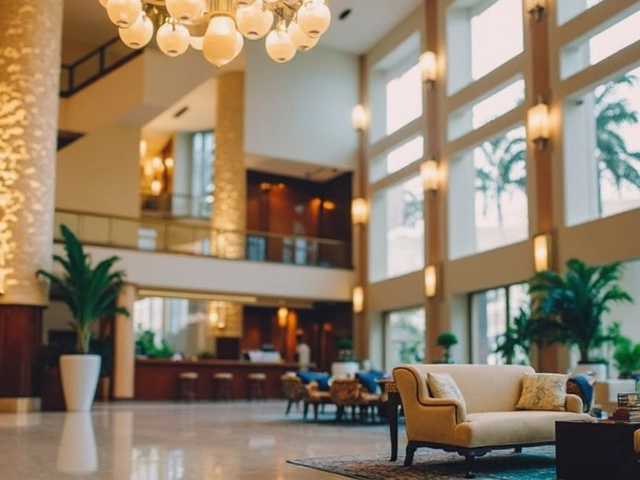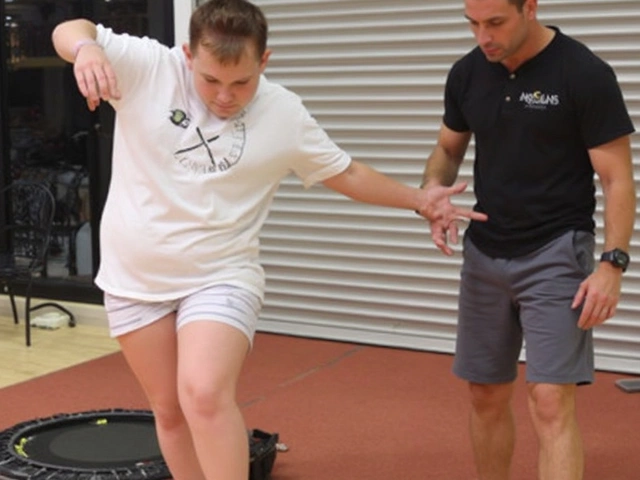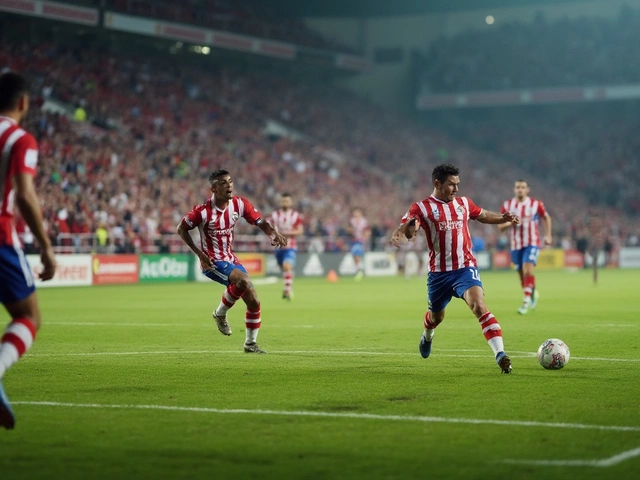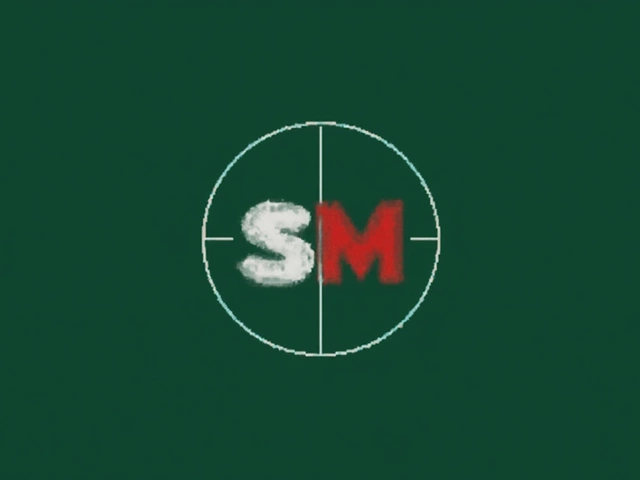In a decisive shift within the European Parliament, the far-right Patriots for Europe group was officially established on July 8, 2024, marking a significant new formation in the EU's political landscape. With 84 Members of European Parliament (MEPs) drawn from a coalition of 13 national parties, this group quickly emerged as the third-largest political bloc. Built on the foundation of the now-disbanded Identity and Democracy (ID) group, it not only absorbed its existing members but also expanded through swift recruitment efforts.
The Patriots for Europe boasts a membership that includes notable far-right parties across Europe. It features Marine Le Pen’s Rassemblement National (RN) from France, contributing 30 MEPs, Hungary’s Fidesz with 11 representatives, Matteo Salvini’s Italian Lega with 8, and Andrej Babiš’s Czech ANO with 7 MEPs. Other contributing parties include Austria’s Freedom Party (FPÖ), Spain’s Vox, the Dutch PVV, Belgium’s Vlaams Belang, Portugal’s Chega!, Czechia’s Oath and Motorists, Greece’s Voice of Reason, Latvia’s Latvia First, and Denmark’s People’s Party.
Jordan Bardella at the Helm
Leading this newly-formed group as its president is Jordan Bardella, who is the president of France’s Rassemblement National. He is supported by a team of vice-presidents from various national parties, including Hungary’s Kinga Gál, Italy’s Roberto Vannacci, and representatives from PVV, Chega!, Vox, and FPÖ. Bardella's leadership signals the group's ambitious agenda to reclaim national sovereignty from what they perceive as an overreaching EU bureaucracy.
The group has been vocal about its agenda, advocating for stricter control over immigration, challenging the EU's Green Deal policies, and pushing for a return of sovereignty to individual EU states. Despite these domestic-centric policies, they stress the importance of peaceful dialogues, especially concerning Ukraine. However, the group's association with pro-Russian sentiments among some members does not go unnoticed, stirring controversy and criticism from opposition parties. Notably, the Czech ANO party within the group maintains its firm stance against any form of Russian aggression.
Challenges and Opportunities
The Patriots for Europe group’s formation bumps Renew Europe from its standing as the third-largest group in the parliament, reshaping the parliamentary power dynamic. The new bloc aims to counterbalance what it sees as centrist and federalist leanings within the EU. Yet, they also face the challenge of potential political isolation.
Mainstream parties like the European People’s Party (EPP), Socialists & Democrats (S&D), the Greens, and The Left pose a significant threat to their ambitions by potentially blocking their members from holding key leadership positions within the parliament. Experts and critics argue that the emergence of such a strong far-right bloc in the European Parliament could pose risks to European democracy. Green leader Terry Reintke warned that their rise might destabilize established democratic principles within the EU’s political environment.
As the Patriots for Europe settle into their new role, all eyes are on their next moves. Will they manage to wield significant influence, or will they grapple with the hurdles of exclusion from more established political factions? Only time will reveal the unraveling of these complex political narratives within the European Union.
